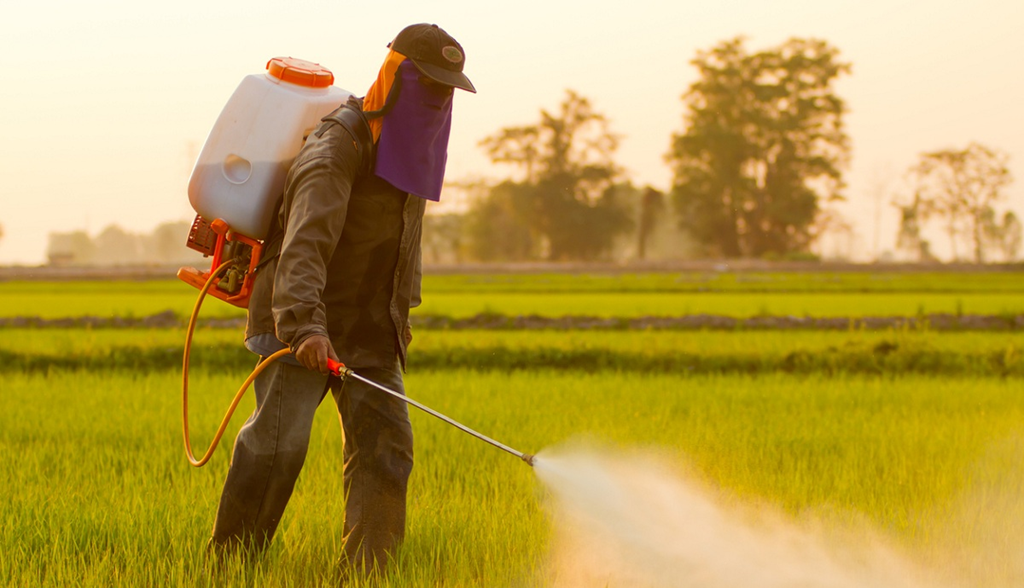Free Courses Sale ends Soon, Get It Now


Free Courses Sale ends Soon, Get It Now



Copyright infringement not intended
Picture Courtesy: The Statesman
Context: Punjab State Government has issued a warning to all pesticide sellers to stop selling and storing the herbicide glyphosate, which is known to cause cancer.
Details
Primary applications of glyphosate
Concerns associated with glyphosate's impact
Health Concerns
Environmental Impact
Glyphosate Resistance
Way forward for addressing glyphosate-related challenges
Conclusion
Must-Read Articles:
Glyphosate: https://www.iasgyan.in/daily-current-affairs/glyphosate
|
PRACTICE QUESTION Q. What are the concerns regarding the effects of pesticides on the environment and human health? What are the major challenges associated with pesticide use, and what potential strategies could be considered as a way forward to mitigate these concerns and challenges? |
https://www.tribuneindia.com/news/amritsar/experts-warn-against-sale-of-herbicide-glyphosate-534609
© 2024 iasgyan. All right reserved